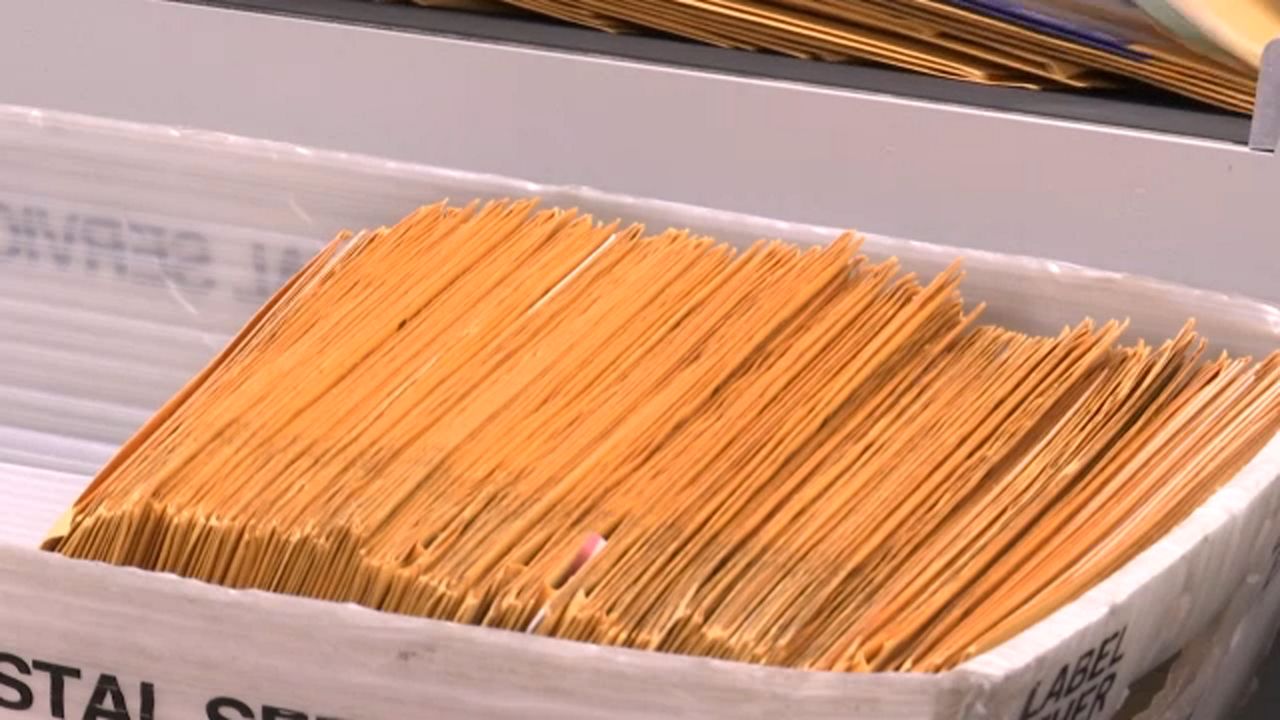TEXAS — A proposed bill asking for a referendum on Texas independence failed during the legislative session this spring, but a group wanting to get the so-called “Texit” ball rolling isn’t ready to give up.
The Texas Nationalist Movement in August launched a campaign to get a “Texit” referendum vote on the state primary ballots next spring. The organization, the most vocal of the state’s independence organizations, is vying to get enough signatures on a statewide petition to get a non-binding referendum measure on both parties’ primaries, with the Republican primary as the main focus, said Daniel Miller, the president of the movement.
Texas does not allow citizens to use petitions to get legislative issues on the general election ballot, but the Texas Nationalist Movement is circumventing this by following a state election provision that allows such citizen-led initiatives to be placed on a primary ballot.
The petition will need at least 77,000 signatures verified successfully to get the question on the ballot in the March 2022 primary elections. According to the election code, such petitions require 5% of the total number of voters in the last Republican gubernatorial primaries, which were held in 2018. That year, about 1.5 million Republicans cast votes in a primary that included the current Gov. Greg Abbott, who won, and Barbara Krueger and Larry SECEDE Kilgore.
Kilgore ran in that race as a secessionist after legally changing his middle name to SECEDE in 2012. He lost the primary with only 1.3% of the votes to Abbott’s 90.4%.
The pro-Texas independence group claims to have more than 400,000 supporters for its movement, and Miller said he is confident the group can get at least 80,000 signatures on the petition.
But the election code for such petitions is strict, he said. Unlike the online petitions used in other states, signatures for this petition must be done in person and only after potential signers have been read a statement that will include the wording of the referendum question, which reads, “The State of Texas should reassert itself as an independent nation. FOR or AGAINST.”
The petition may face its biggest hurdle once it reaches the Republican Party of Texas, whose chair will then decide if it goes onto the primary ballot.
When asked about the potential for the referendum to make it on the ballot, Republican Party Chairman Matt Rinaldi said the referendum does not address the party’s current platform issues, so getting it passed by the State Republican Executive Committee may be a challenge.
"The voter referenda added to the primary ballot typically address platform planks or legislative priorities adopted at the convention,” an emailed statement from Rinaldi said. “Since our platform does not address the issue, I do not foresee the State Republican Executive Committee adding the question to the ballot under its resolution powers."
Rinaldi said he welcomed the group’s right to circulate the petition, and the GOP of Texas “will abide by its legal duties in evaluating any petition submitted under that section.”
The move to get the “Texit” referendum question on the Republican primary ballot is an interesting one, given how much weight such primaries have in the Lone Star State and the fact that they tend to draw in the most politically active and often most conservative members of the state’s GOP.
"I appreciate Chairman Rinaldi's commitment to fulfilling the party's obligations under the Texas Election Code and hope that he and the rest of the Executive Committee see this as an opportunity to uphold Plank 65 of the party platform and Article 1 Section 2 of the Texas Constitution," Miller said. "The Republican Party of Texas should seize this opportunity to give the people of Texas the vote on TEXIT that was denied to them by the Texas Legislature."
This year, the primary elections will include key statewide seats including the governor, lieutenant governor, attorney general, comptroller and commissioners of the General Land Office, the Department of Agriculture and one spot on the Texas Railroad Commission.
Those races have already become crowded with Republicans declaring their intentions to challenge incumbents, including Abbott, who is seeking a third term. Abbott will face two decisively more conservative challengers in the primary, including former Republican Party of Texas Chairman Allen West, who stepped down this summer, and former Sen. Don Huffines.
Both West and Huffines have shown support for allowing Texans to vote on the issue of Texas independence. West showed support for the bill proposed by State House Rep. Kyle Biedermann, a Republican from Fredericksburg, asking for a referendum vote by Texans on whether the legislature should fund a comprehensive study to examine how a “Texit” would work. That bill died in the regular legislative session that ended in May.
“Imagine for the moment what having that question on the ballot will do for the voter primary?” Miller said. “Having that question on the ballot will drive a lot of Texans to go into the primaries that have never really voted in the primaries before or don't really give it a second thought and hold out for the general election.”
Texans’ reputation for having an independent, go-it-alone spirit has been hard to measure in the scant number of polls conducted on voter attitudes for Texas independence. But a 2016 Reuters/Ipsos poll taken after Great Britain’s “Brexit” vote showed about 24% of Americans said they supported a state’s choice to break from the U.S., while 53% said they were against it.
Still, Miller said the Texas Nationalist Movement’s support has grown exponentially since the group was formed in 2005.
“The opposition has a tendency to paint this as on-the-fringes or an extreme viewpoint, but our contention is that this is definitely mainstream,” Miller said. “People of Texas at least want to vote on the issue and the vast majority of them want 'Texit' right now."
The group remained determined to allow Texans the chance to voice their opinion, he said.



